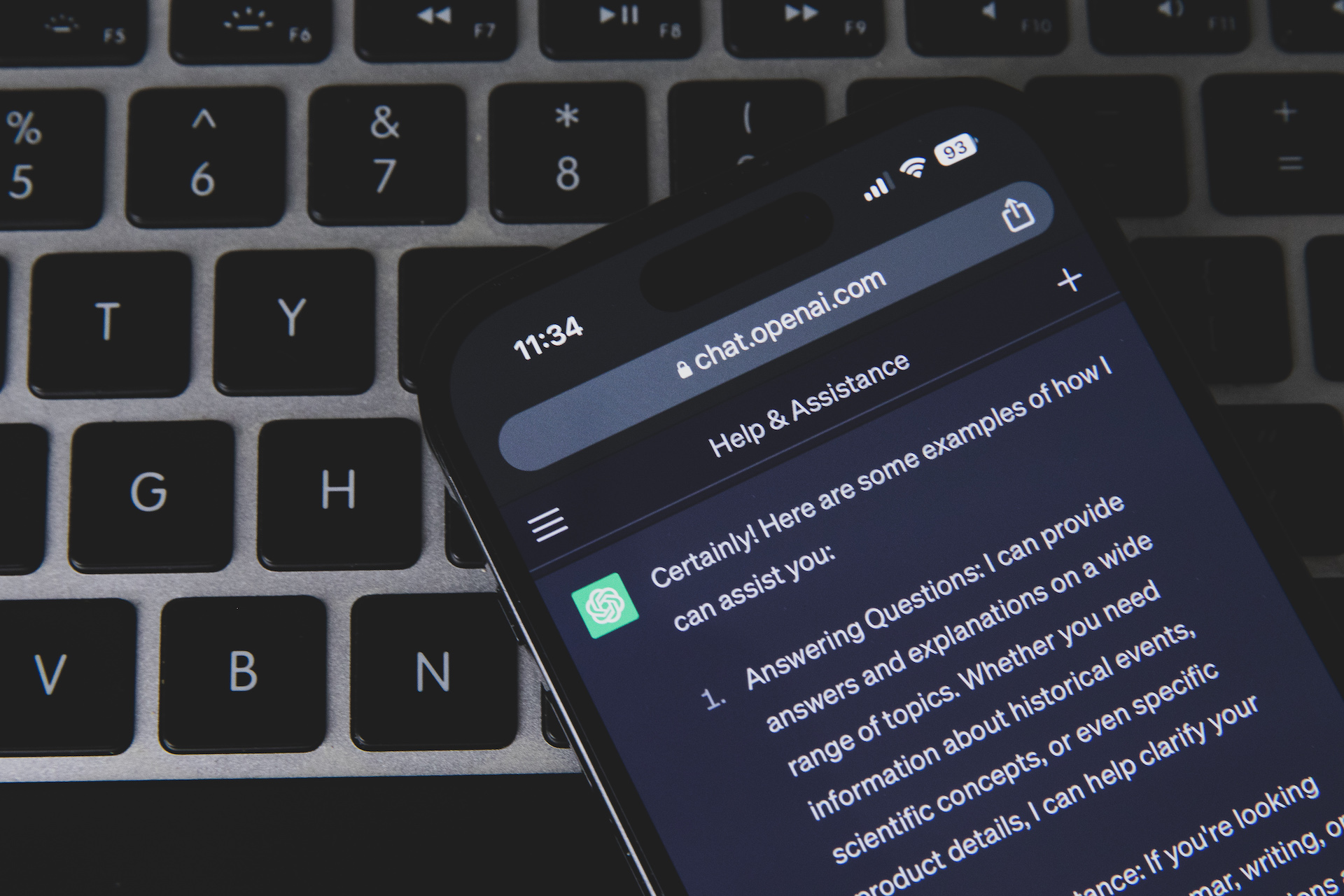For many of us, tax season can feel like a maze of numbers and rules. It’s that time of year when confusion meets dread: “Am I doing this right?” “What if I miss something important?”
Enter the world of artificial intelligence, specifically ChatGPT, which offers a glimmer of hope. Imagine an assistant that’s available 24/7, ready to answer your tax queries without the wait. This isn’t just a fantasy — it’s the new reality for tackling tax season with less stress.
Meet Your New Tax Assistant: ChatGPT

ChatGPT isn’t just any assistant; it’s a powerhouse of tax knowledge at your fingertips. Whether you’re tangled up in tax jargon or puzzled by your paperwork, ChatGPT stands by to clarify and guide.
The tool leverages vast information to provide detailed, yet easy-to-understand answers and explanations on tax matters, making it an indispensable ally for those seeking quick and reliable tax-related information.
Strengths of ChatGPT in Tax Advisory

“Why ChatGPT?” you might ask. First off, it’s incredibly accessible; it’s there whenever you need it. It cuts costs, saving you from unnecessary adviser fees for straightforward questions.
Plus, it’s a gold mine of knowledge, perfect for those hungry to learn more about tax rules without sifting through dense documents. ChatGPT translates complex tax language into straightforward, easy-to-understand advice.
Understanding the Limitations

But here’s the catch: ChatGPT isn’t a one-size-fits-all solution. Complex tax situations laced with nuances and personal details still require the human touch of a professional adviser.
ChatGPT’s guidance is broad and general, and it can’t take legal responsibility for your tax decisions. It’s like having a well-informed buddy — helpful, but not a substitute for a certified expert when things get complicated.
The Human Advantage: Professional Tax Advisers

When things get tough, professional tax advisers shine. They dive deep into your personal financial landscape, crafting advice that’s as unique as your tax situation.
They’re the maestros of tax planning, helping you navigate the labyrinth of laws and optimize your returns more than the more generalized ChatGPT (via GoBankingRates). Human advisers conduct the complex symphony of tax codes and regulations with unmatched skill.
Complex Financial Situations and Life Events

Life’s big moments — like buying a house, starting a business, or navigating inheritance — aren’t just milestones. They’re tax events (via Credit Karma). These situations are filled with financial nuances that generic AI advice can’t fully address.
Here, a tax professional’s personalized insight is invaluable, ensuring that major life changes are navigated with tax-smart strategies.
Audit Representation: A Critical Service

Imagine the IRS flags your return for an audit. This is where a tax professional becomes your knight in shining armor.
Unlike AI, a tax pro can stand by your side, offering representation and guiding you through the audit process. They bring a level of advocacy and negotiation to the table that ChatGPT simply can’t match.
ChatGPT-4 and Tax Deductions

Consider ChatGPT-4’s success story: when given data from the U.S. tax code, it correctly calculated a tax deduction (via LinkedIn). This isn’t just impressive — it showcases AI’s potential in understanding and applying tax regulations.
That said, while it’s a leap forward, remember this is under controlled conditions. Real-world scenarios (like yours) might throw more complex curves than AI can currently handle alone.
AI in Accounting: Not a Job Killer

Despite the fears, AI isn’t here to snatch away accounting jobs (via Thomson Reuters). Instead, it’s about transforming them.
ChatGPT and similar technologies can take over repetitive tasks, freeing up tax professionals to focus on strategy and client relationships. It’s not about replacement. It’s about enhancement and collaboration between humans and AI.
The Dynamic Nature of Taxation

Tax laws are about as stable as quicksand, changing with political winds and economic shifts. This ever-evolving landscape is challenging for AI, which relies on historical data and existing rules (via Baker Institute for Public Policy).
Humans, with their ability to interpret, adapt, and foresee, remain essential in navigating the unpredictable waters of taxation.
The Future of AI and Tax Advisory

The horizon holds a vision of AI and human professionals working together. In this future, AI handles the grunt work, while humans tackle the intricate, nuanced advisory roles.
It’s a partnership where each plays to their strengths, leading to more efficient and effective tax advisory services.
The Collaborative Path Forward

In the end, ChatGPT is an incredible tool for demystifying tax season, offering a blend of convenience and knowledge. However, the irreplaceable insights and personalized strategies of human tax advisers remain paramount.
The optimal approach? Embrace the power of AI for education and simple queries, while relying on human expertise for complex planning and decision-making. Together, they pave the way for a smarter, more streamlined approach to taxes.
